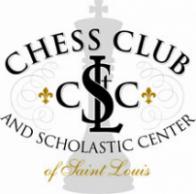
This study was conducted in South Africa and results were published as part of a doctoral dissertation in 1991. Eighty students in fifth through tenth grades were a part of the treatment group and participated in weekly after-school chess clubs at ten different schools. The control group was composed of eighty students who did not participate in chess clubs and were matched to treatment group peers based on total IQ score, mathematics performance, and first language performance. Comparing the marks that students in the treatment and control groups received in mathematics, the study found that the effect of the chess intervention on mathematics marks was 0.640 standard deviation units. The results were statistically significant. The study was eligible for inclusion in the systematic literature review and categorized as Tier I. While students were not randomly assigned to treatment and control groups, students were matched based on student characteristics and tests of baseline performance indicated that the groups were comparable.


